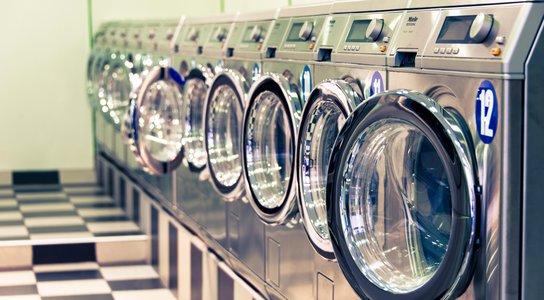It’s only March, but 2019 is already looking like a bumper year for money laundering.
As the Danske Bank scandal spreads to more and more countries, and the Troika Laundromat drags in Prince Charles’s foundation, elite private schools, and many others, the urgency of this issue could not have been made more obvious.
However, our latest analysis shows that the problem remains as pressing as ever. We found that 87,000 properties in England and Wales were owned by anonymous companies registered in tax havens – an almost identical number to when we last measured in 2017. The total value of these properties, which are mostly clustered in the priciest parts of central London, is at least £56 billion according to Land Registry data – but it could be as much as double that once inflation and missing price data are taken into account. Even in this turbulent time, we cannot let political turmoil hinder real progress towards cleaning up our dirty property market.
Global Witness’ investigations have repeatedly shown that the ease at which the wealthy can buy and sell UK property under complete anonymity is red meat to kleptocrats and criminals. Last year, the National Crime Agency unmasked Zamira Hajiyeva, the wife of an Azeri banker jailed for defrauding his country’s state-owned bank out of hundreds of millions. Via companies based in Guernsey and the British Virgin Islands, Hajiyeva purchased an £11.5m five-bedroom property in Knightsbridge, gold and a country club in Ascot.
Her lavish spending at Harrods made headlines, but barely scratches the surface of dirty money in the UK. The Hajiyeva mansion is just one of 5,729 anonymously owned properties in Kensington & Chelsea. The NCA estimates that, all told, the scale of money laundering in the UK could be in the hundreds of billions of pounds.
Given the astonishing size of the problem, it’s vital that this important issue is not overlooked as lawmakers find themselves occupied with the vagaries of Brexit.
Today, a Parliamentary committee will review a draft law that would compel companies incorporated overseas to publicly register their beneficial ownership with Companies House. Such a system could finally force secret owners into the light, with criminal sanctions and fines for those who fail to comply with the regime.
The proposals, which have cross party support, would be the first of their kind in the world – a strong statement of values as the UK establishes its place in a post-Brexit world order.
The Government has promised to table the full bill this Summer, but as our new analysis shows, the urgency of these issues cannot be stressed enough.
Establishing a properly resourced and well-policed register of the real ownership of UK property would be a huge step towards cleaning up the UK’s dirty money habit – and might even go some way to redressing the resentment which pervades our divided country.


